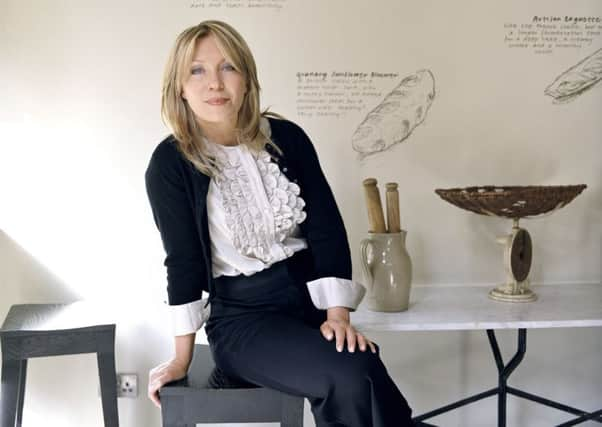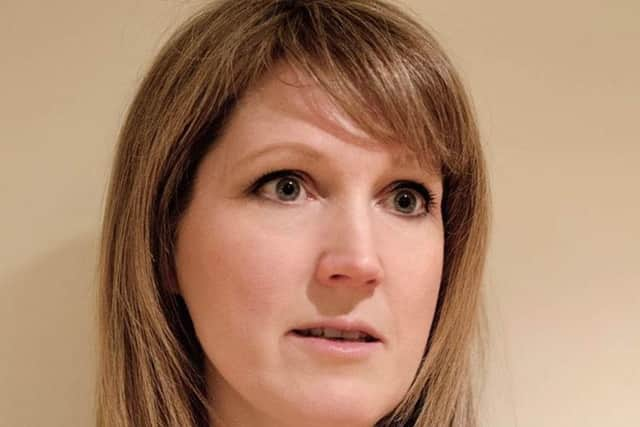Desert Island Discs: Why people choose certain tracks


THE most precious gift Catherine Loveday has ever received – on a significant birthday and at her request – was a list from each of the friends at her party of their eight Desert Island Discs, the ones they found most meaningful, with or without an invitation to Radio 4’s mythical island.
“They also had to explain why they had chosen each track,” says Dr Loveday, who’s principal lecturer in cognitive neuroscience at the University of Westminster. “Even with people I’d known a very long time, I felt their choices gave me an extra window into what was going on in their mind and how they thought at the time in their life when each piece of music became significant. I felt as though I connected a bit more with each of them.”
Advertisement
Hide AdAdvertisement
Hide AdDr Loveday has researched many areas of neuroscience, but this experience of friends’ choices, a love of the programme and her own lifelong involvement in making music fed into a great career interest in music and autobiographical memory.


The latter is how people first record memories in their brain and later recall them. “I’m interested in why we are the way we are, and how memory of past experiences helps us to make decisions now. They also trigger imagination and project into the future, helping us to share our lives with new people we meet.”
In people with memory impairment through amnesia, dementia or congenital memory problems, autobiographical memory is absent, along with the sense of identity that a lifetime of memories give us. Dr Loveday is exploring how people with memory loss can be helped by exploring the connection between memory and music. Music – or rather the right music – is a much more important aid to memory and a sense of who we are than many of us realise.
As part of a major, ongoing research project she has spent countless hours listening to and analysing the choices of music on Desert Island Discs and has interviewed a broad spectrum of other people about their favourite musical choices.
Advertisement
Hide AdAdvertisement
Hide AdOne important finding is that those interviewed tend to choose music from the ‘reminiscence bump’ – a period of their younger life) when big, self-defining events happened to them.


“I don’t think anything else will evoke an important time in your life or another person as music does. That’s why people often say that particular music reminds them of a person. Listening to that music is a way of taking the loved one with them. It evokes strong feelings.”
Dr Loveday feels music is an incredibly powerful tool in giving those with memory loss a renewed sense of who they are. Playing a range of music from the time of their life identified as the ‘reminiscence bump’ can elicit a response in feelings and sense of wellbeing that is triggered by nothing else.
“Anyone who works with or lives with a person who has memory difficulties should really take note of their responses to different pieces of music, particularly music from early in their life, and play more of the music that evokes a response.
Advertisement
Hide AdAdvertisement
Hide Ad“Listening to music associated with key moments in your life can be a help in reinstating feelings of who you are, and this is so important for those who have lost control of memory.”
In case you’re wondering, the favourite track Catherine Loveday would save from the waves is The Beatles’ Here, There and Everywhere.
Dr Catherine Loveday is one of three speakers at a Berwin’s Salon North event on July 28 at The Crown Hotel, Harrogate. For tickets call: 01423 562 303.